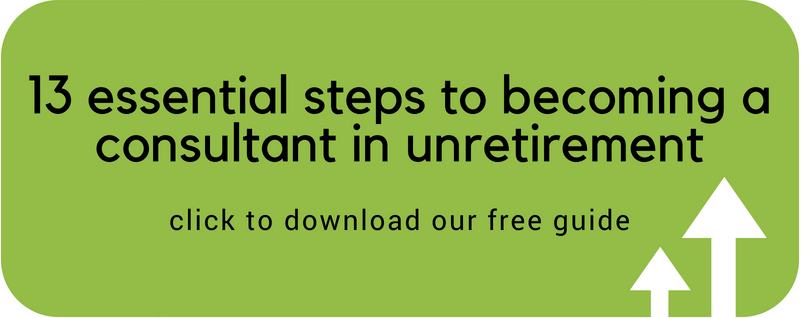How to become a charity trustee and share your skills
14 June 2018 By Guest writer Jan Garrill

One of the best career decisions I’ve ever made was to become a charity trustee.
At the time, I was a middle manager gaining lots of experience in managing staff and delivering projects, but knew I needed to get experience of more strategic decision making if I wanted to progress.
A colleague suggested that becoming a board member of a charity might give me some relevant experience.
I applied to a regional charity and got taken on as a trustee and the payback was immense in terms of skills development, networking – and pride. In fact, I subsequently moved sectors and ended up as Chief Executive of Two Ridings Community Foundation.
Two Ridings Community Foundation operates across York, North Yorkshire, Hull and East Riding. We receive money from individuals, businesses, charitable trusts and public sector bodies, and allocate to local charities and community groups such as the Harrogate Homeless Project, Refugee Action York and Butterflies Dementia Support Group. In 2017/18 alone, we awarded over £1m in grants.
I now have a great board of 12 charity trustees who keep me on my toes, and keep the organisation focused on its core purpose of helping individuals connect with and invest in their local community.
Why do charities need trustees?
Thanks to my experiences, I am an evangelist for trustees and think Next-Up is a great idea to ensure that “unretirees” include one or two charity trusteeships in their portfolio of activity.
I agree wholeheartedly with Victoria when she said in the Yorkshire Post: “A variety of sectors could benefit from the expertise of these former top executives.” However, in my view, charities need them more than most.
All charities need to be better at engaging with businesses, so getting insights from top executives about how to do this would help most charities, never mind other expertise like HR, digital, marketing and how to run a board meeting.
It’s hardly surprising then that Victoria has already found opportunities in the not-for-profit sector, and is working with a number of charities eager to take people on as trustees and on projects.
What skills do you need to become a charity trustee?
Charities need people with spare time and energy, but who are also active, purposeful and with a good head for business. Don’t let the charity “badge” fool you into thinking charities aren’t focused on being effective as well as doing good. Charities need to have long term business plans, management accounts, risk registers, fundraising strategies and employ amazing people.
At the same time though, charities don’t always have the necessary time, resources or expertise to dedicate to important activities, whether it be preparing board papers or briefing in a project. For this reason, ‘unretirees’ could share their skills and take ownership over these corporate activities – helping charities to shape how they help others!
And don’t think it’s a charity trustee role or nothing: organisations understand that busy people can be time poor and can’t commit to regular meetings, and will often welcome more informal support like mentoring or straightforward business advice if a trustee role isn’t right.
How can I find out more?
I’ll be talking more about the potential opportunities for ‘unretirees’ in the charity sector at the upcoming Next-Up event on 11th October in Leeds. Come along to hear more about the skills gap in the not-for-profit sector, and discover why becoming a charity trustee could be your best role yet.
Interested in attending our event ‘The skills gap in charities – can you help fill them?’ in Leeds? Click here to book your place now for discussion, networking and drinks on Thursday 11th October 5- 7pm.




